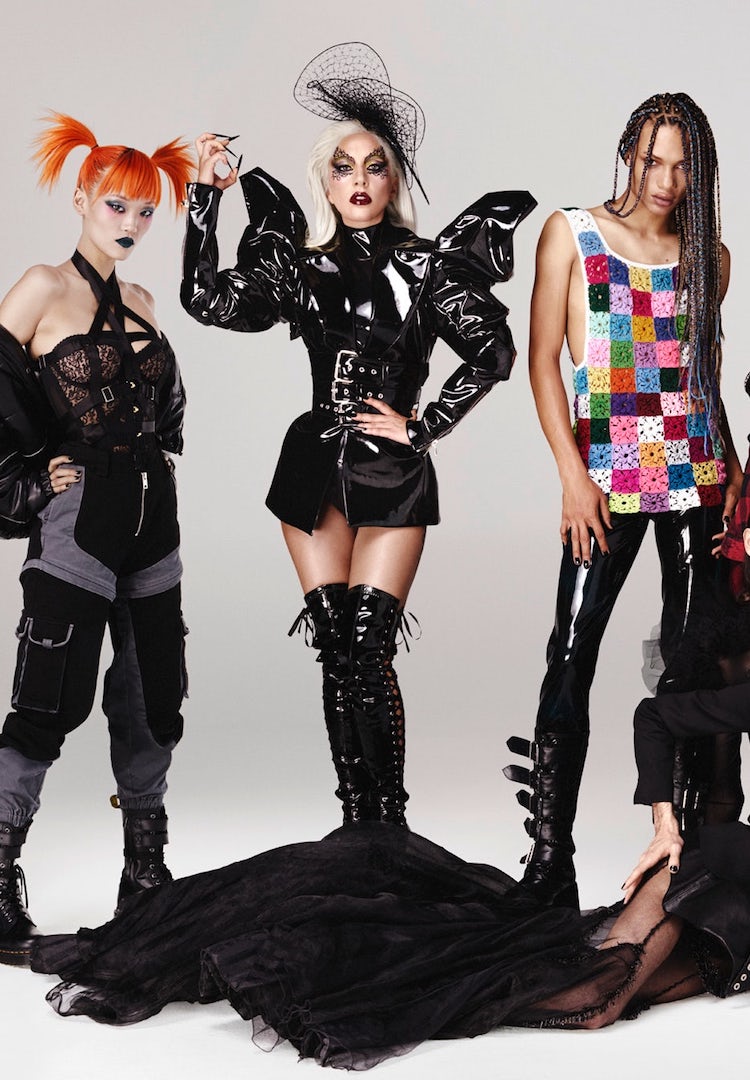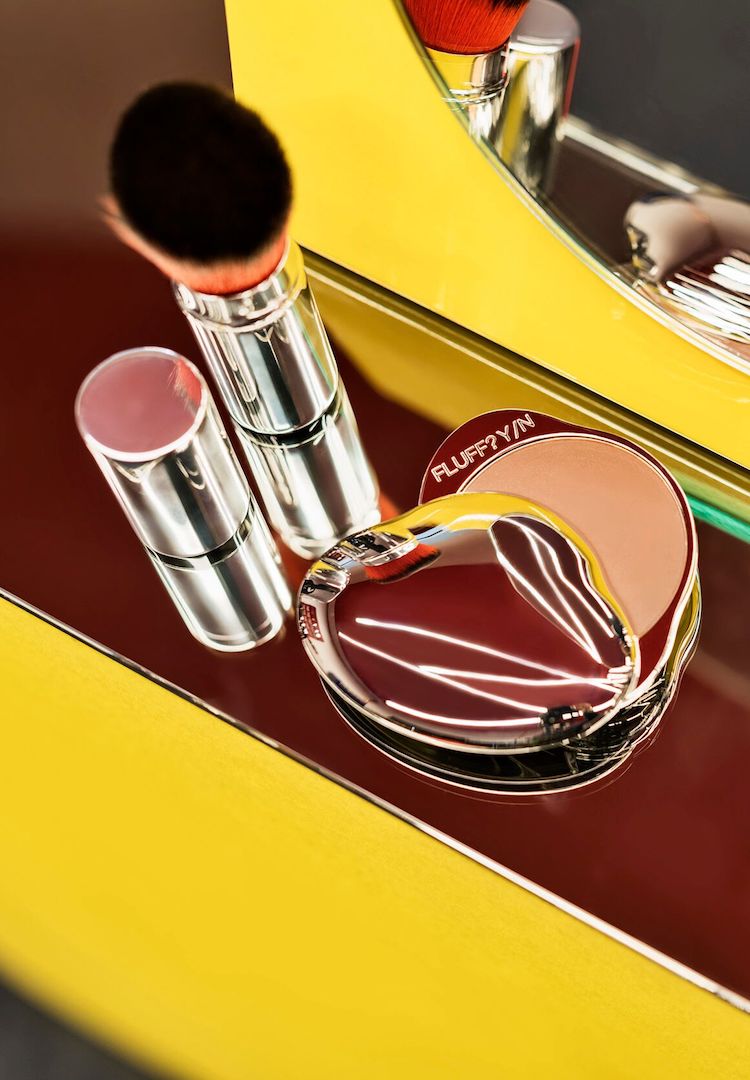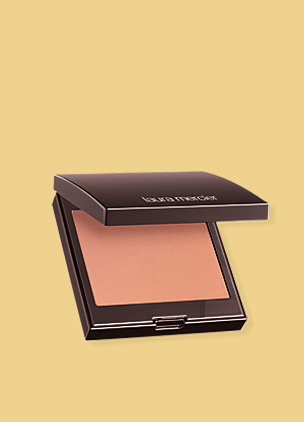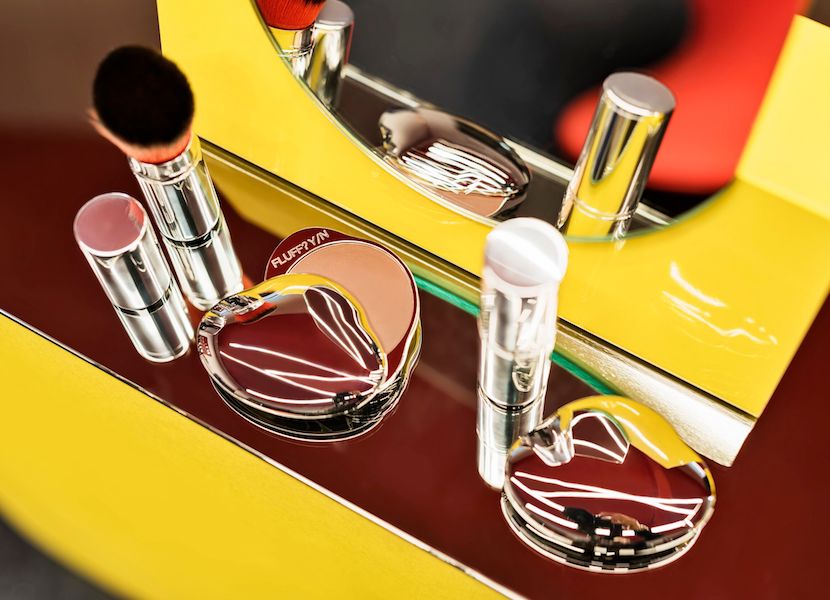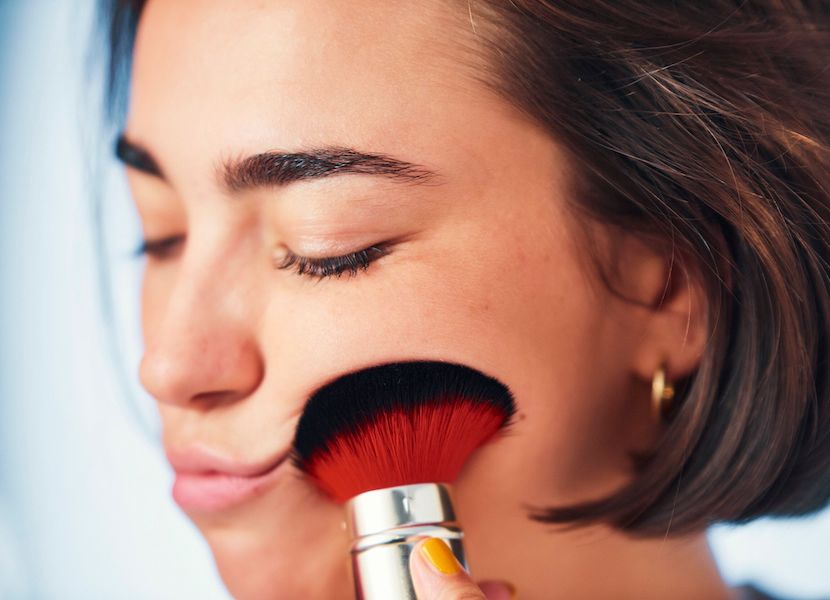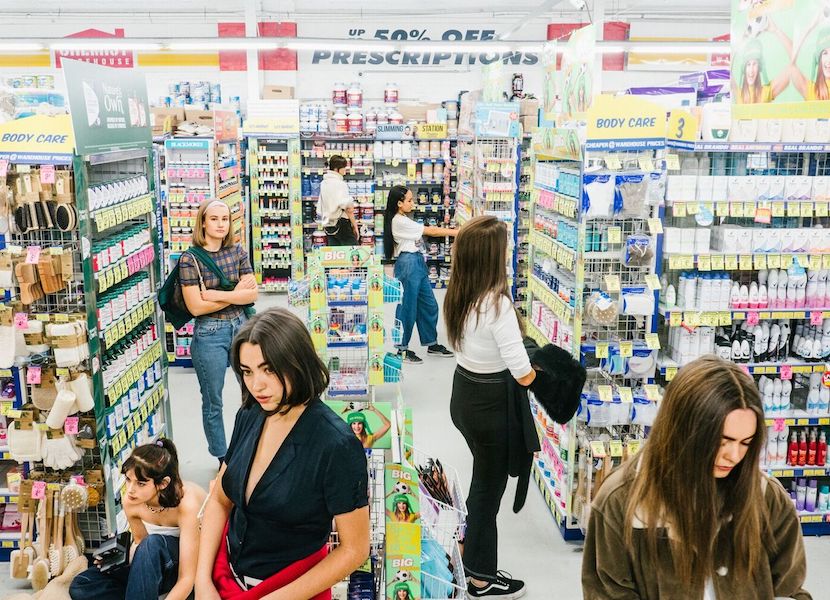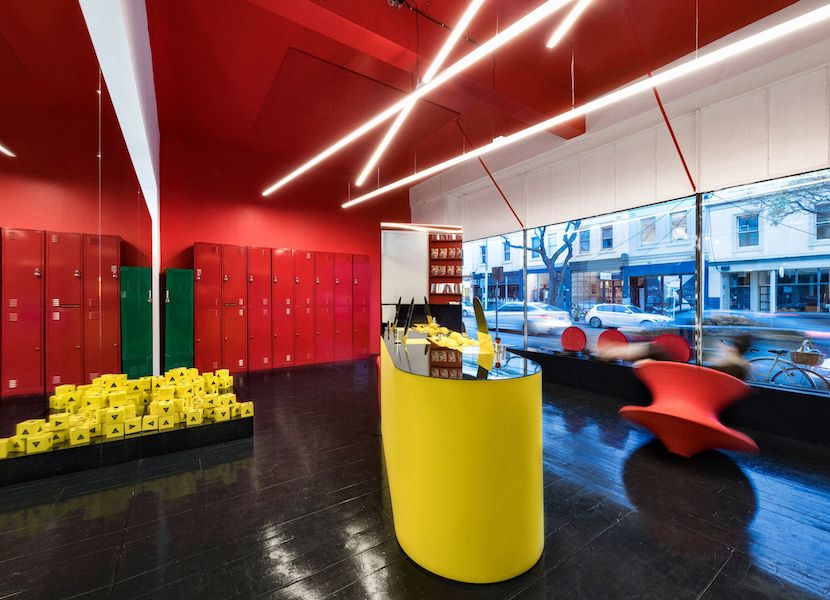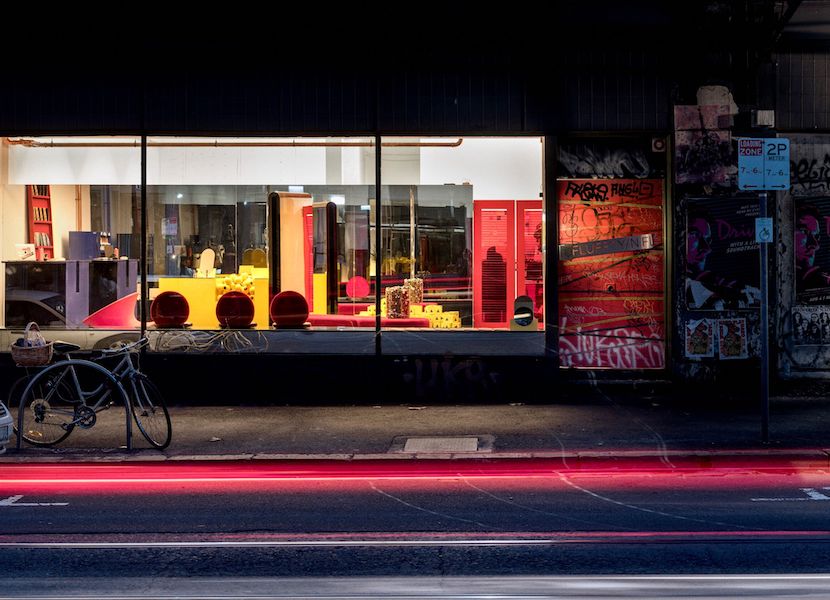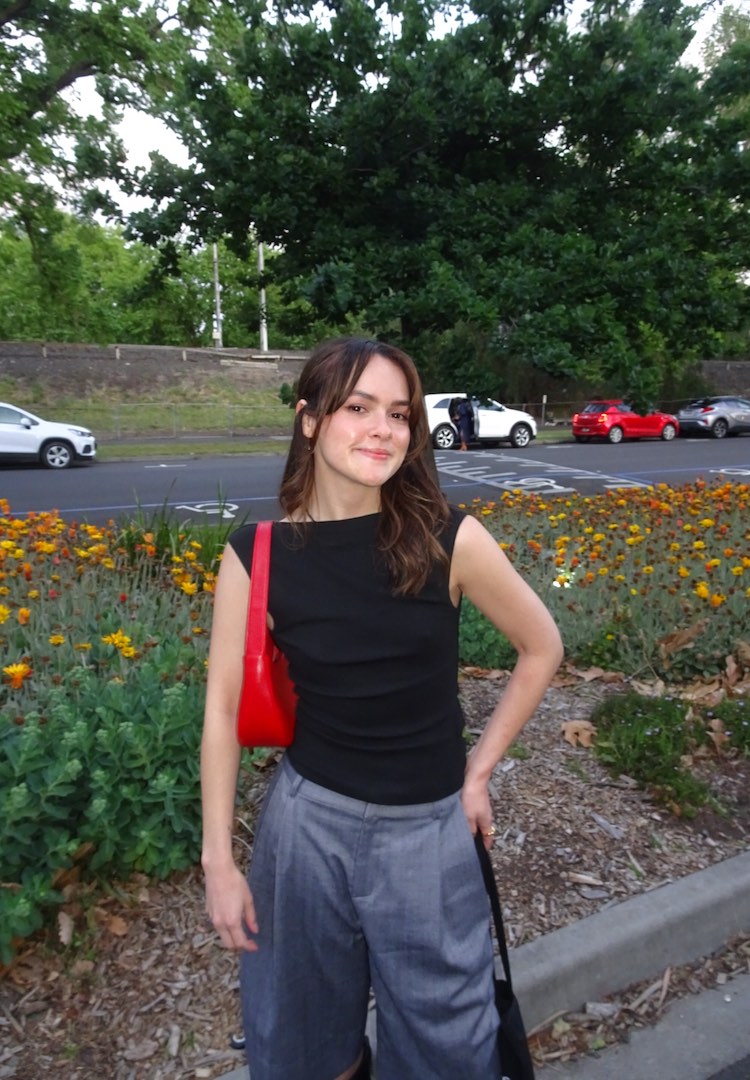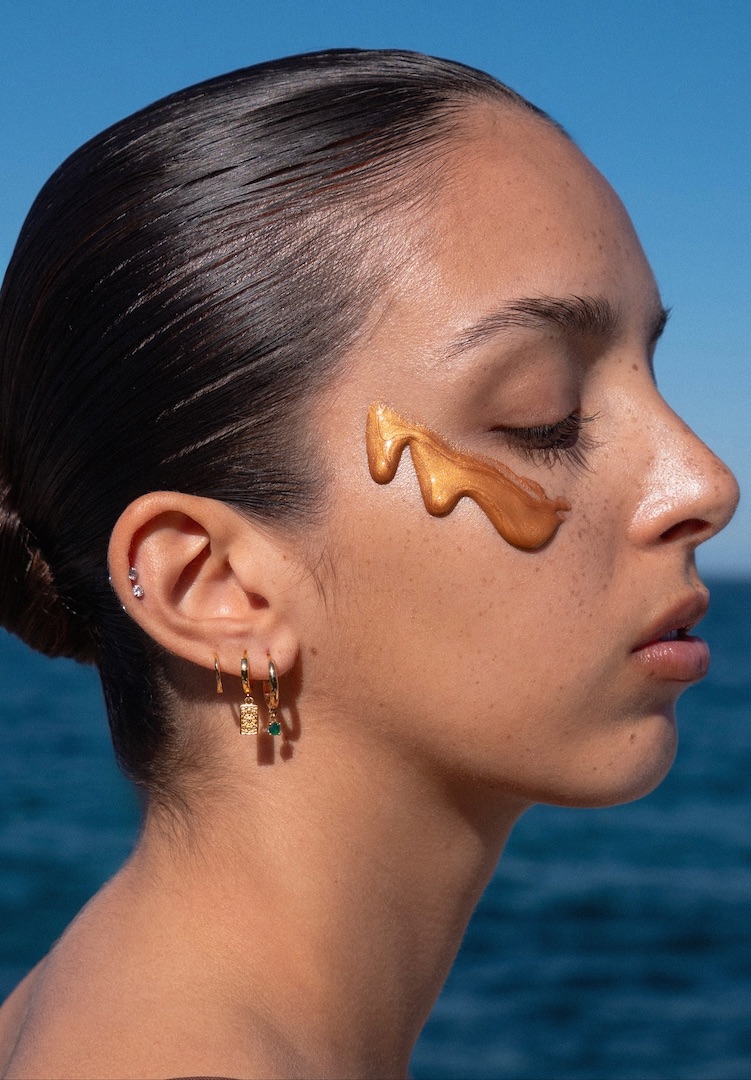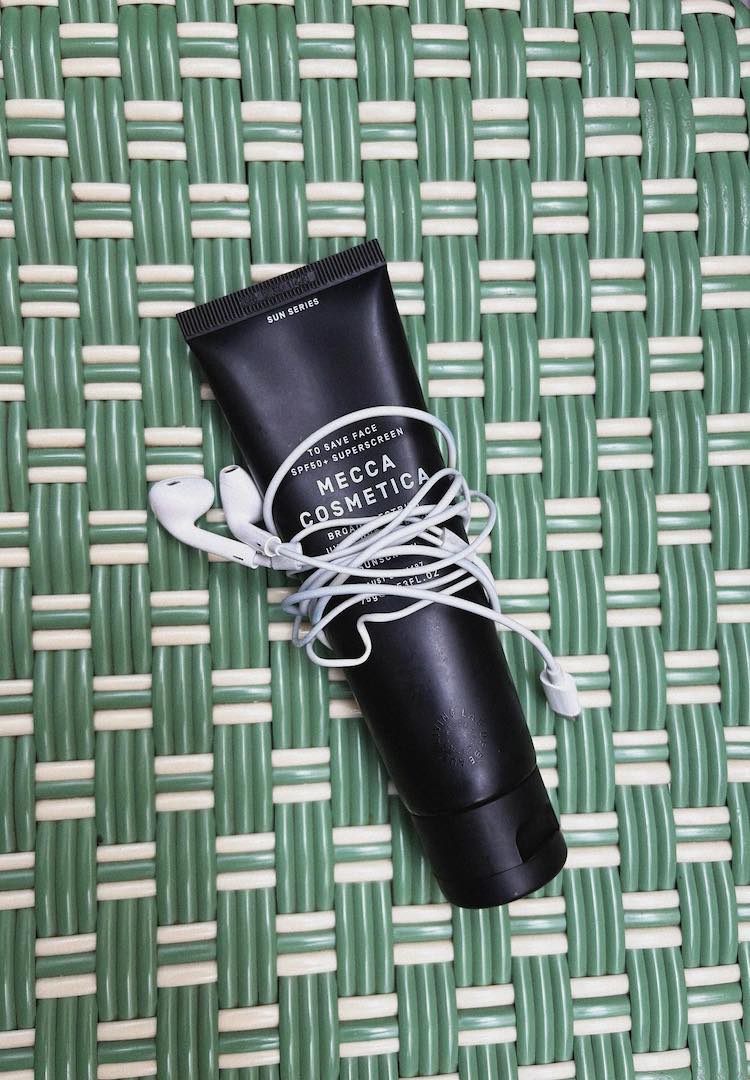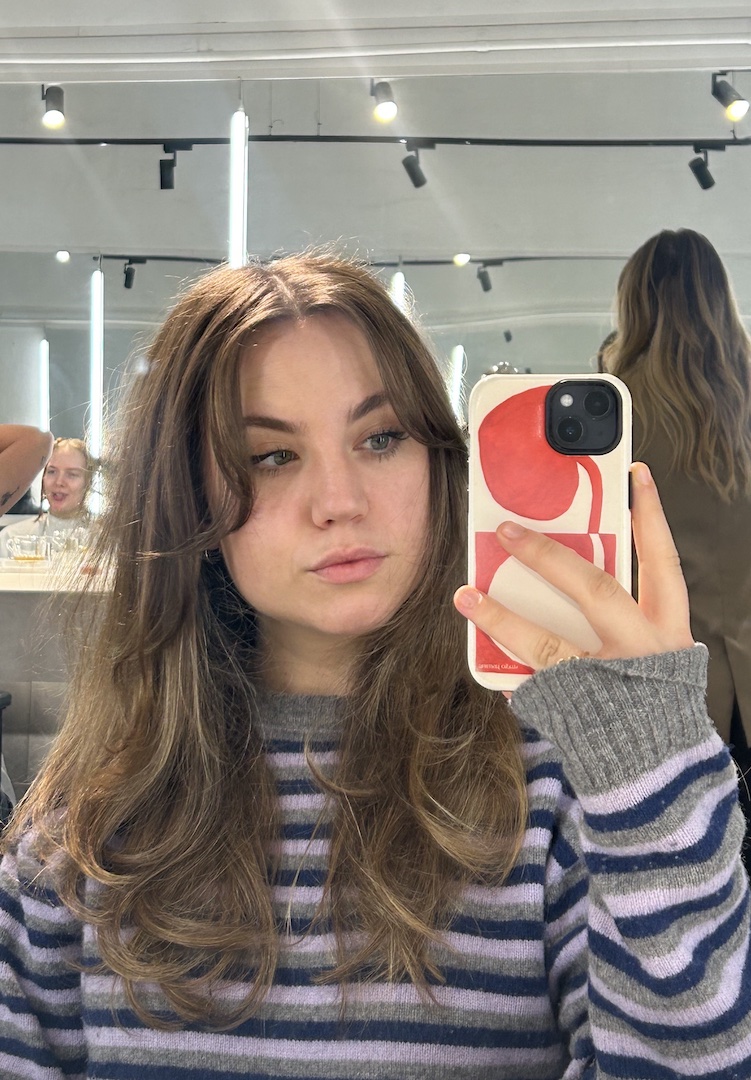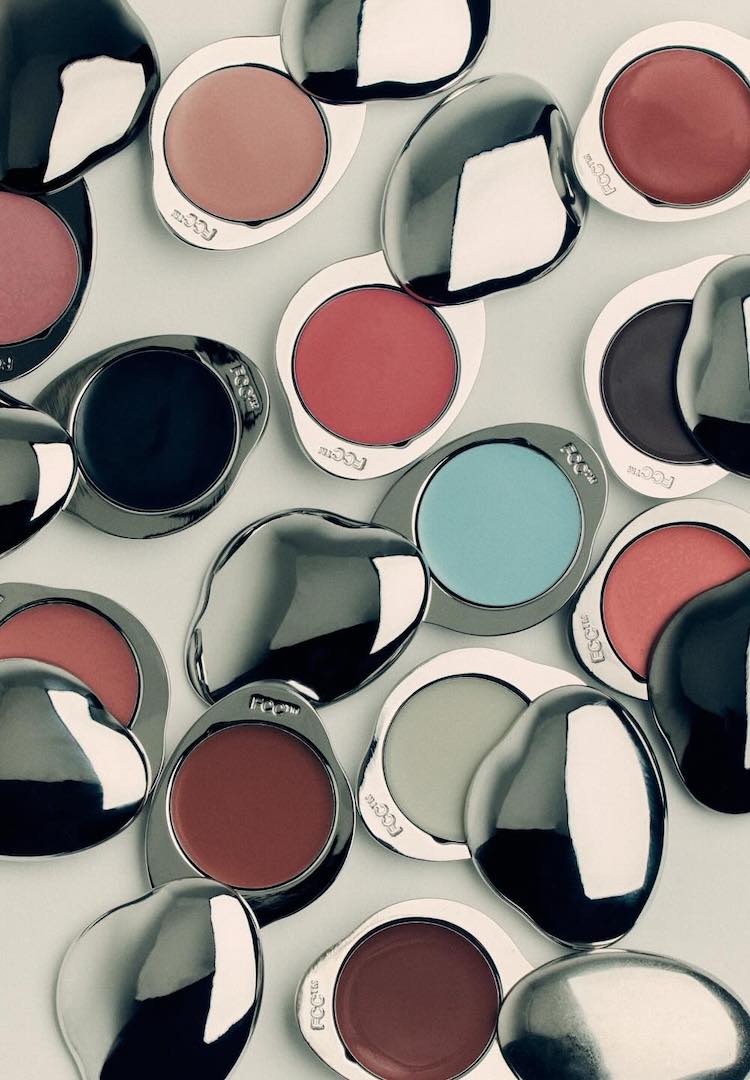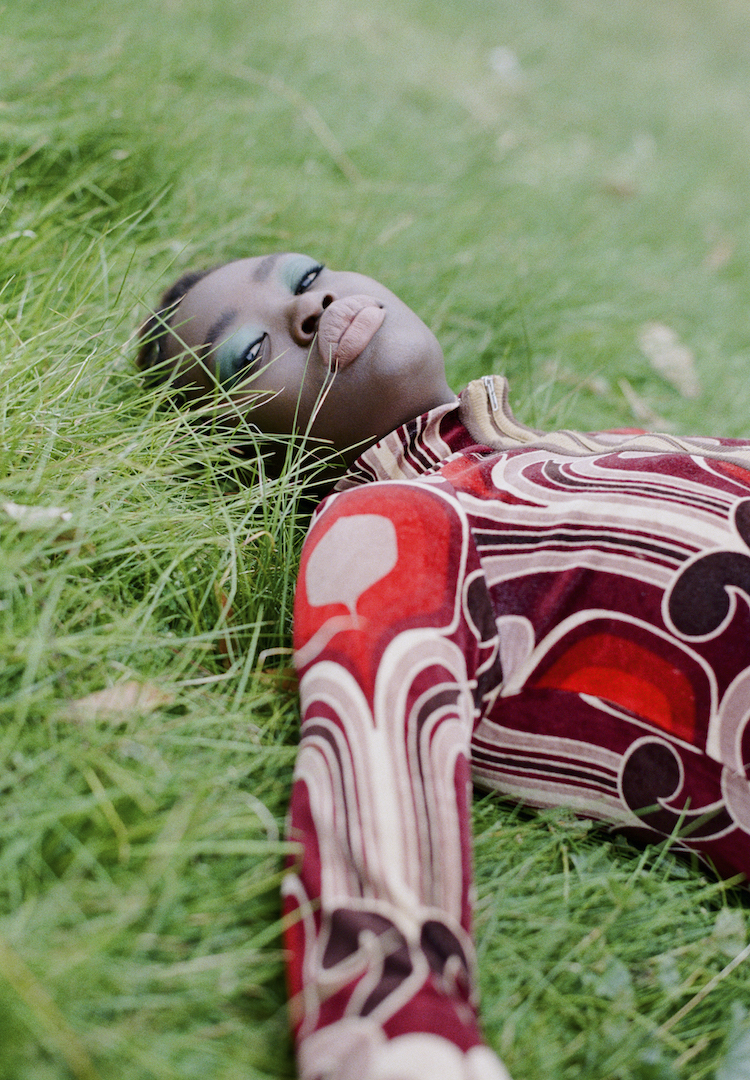It’s all Fluff is the Melbourne start-up changing the beauty game
Interview by Ruby Staley
The dawn of the make-under.
Innovative beauty brand, Fluff, wants the makeup industry to slow down and be more conscious.
Led by Frank Body co-founder, Erika Geraerts, Fluff is all about good products, quality formulas, and interesting conversations. The team behind the brand believe that makeup is all ‘fluff’ and that it shouldn’t be taken so seriously.
Having only released a bronzer and a kabuki brush (both vegan and cruelty-free), Fluff is working towards building a range of products that are good for you and for the earth.
Through thoughtful conversations with their customer base via social media, Fluff wants consumers to tell them what they want, not the other way around. They are a brand of the people if you will, this is democracy in action. Fluff promotes a philosophy of consuming less and having fun with makeup. They want young people to be okay with looking like themselves. We sat down with Geraerts to hear all about it.
Hi Erika! Let’s get right to it. I know you had a huge part to play in the beginnings of Frank Body, have worked at a writing agency, and owned a cafe, how would you describe your background in start-ups?
People often ask me if I always saw myself as being a boss or an ‘entrepreneur’ (I hate that word), and I honestly answer no. I always saw myself as being a writer or an editor. But my first boss out of uni started his own business when he was 19 and I think he really put the idea in my head that I could do something on my own. Even that I could create something that I was really passionate about and turn it into a job. I have this naïve optimism so I always say, ‘I’ll just try it and we’ll see what happens’. I always work hard to make things work and I think if you have initiative and follow through that’s what keeps you in the game.
So, where does passion versus making a living come into play when you’re starting up a new venture?
You have to have some sort of purpose or find something that brings meaning to your life and build on that. Even if that means supporting yourself from another job because that’s usually the best way. With [my writing agency] Willow and Blake, we all kept our full-time jobs until we launched it. It was only when we started making money that we went full time and put ourselves on a wage. But there is always some point where you have to put all your eggs in the one basket, otherwise it will always be a side project.
You make it sounds so easy, but most people don’t ever have the means to fully pursue their passion projects.
Yeah, that’s where I think maybe I have a screw loose. I want to take it to that place other people are fearful of going because there are scary consequences and what ifs. Whereas, I just say, “Nope, this is what I want to do and I’m going to give it everything I’ve got.”
When you have a background in so many other industries, why did you decide to focus on the makeup industry? Was there something you wanted to change or was it about the possibility of profit?
Before I started Fluff I worked in marketing for six years and then for three years in the beauty industry with Frank. But Frank accelerated so quickly that I was exposed to so much more than most people would be in such a short amount of time. I experienced a huge range of emotions around [the industry] and I felt I had two options: I either remove myself from it entirely or I try to change it from within. I was reading about brands and meeting people who had chosen this kind of career path, so I thought why can’t I?
You built Fluff, from the ground up, what have you learnt from this experience about being a start-up that is specific to the beauty industry?
I think that in the beauty industry it takes a long time to build a following organically if you are not doing what everyone else is doing. If you’re going against the grain you have to know it’s going to be a lot slower. There’s a lot of patience and persistence involved in that. I’ve learnt that people in the beauty industry want to put you in a box. You’re either natural and organic, or trend-based and sparkly. If your brand blurs between any of those then people don’t know how to deal with you. It really becomes about articulating your message clearly and having one single vision.
Is that where interaction with your audience comes into it?
Yes, I think that’s what’s really interesting with Fluff because right now in the beauty industry everyone is trying to understand Gen Z. How do we talk to them? They use social media like we don’t, we don’t understand them. Some brands pay thousands of dollars to get trend reports or go to conferences where they tell you what young kids are listening to and looking at. Instead, we just talk to those kids directly. We’re having those conversations. There’s also no history to explain this point in time. There are no other brands that people can point to and say, “They’re like that brand”. We are on a totally new train of thought. And people either don’t understand or don’t know how to deal with us. It takes time.
Fluff has been compared to brands such as Glossier and Milk, probably because of exactly what you’re talking about in terms of understanding the Internet and more direct-to-consumer communication. How do you feel about this comparison?
From a business perspective, it’s such a compliment to be put on the same level as those brands. They have a specific personality and aesthetic and I hope that we can have the same reach. However, I think that while I can easily explain to you what a Glossier girl is or what a Milk girl is, the Fluff girl or guy is much more varied. Fluff is all about being a platform for people to be themselves. We don’t want to tell them to be a certain idea of beauty, we want them to make it up for themselves. I am really proud of our products, though. I believe that if you’re a cool brand for a younger demographic that it doesn’t mean you have to have cheap packaging or low-quality formulas. Gen Z consumers want both: high-quality formulas with and a cool, engaging brand.
Can you tell us a little bit about what future Fluff products might look like?
The next product we are releasing will be a lip oil. We want to introduce a refill model with all our products to reduce waste. We’re expanding the shade range for our bronzing powder and have been working with several women of colour to get direction from them about what they want from that sort of product. The rest will be fun stuff: mascara, blushes, maybe an illuminator or some cool eyeshadows.
If you could change one thing about the beauty industry as a whole, what would it be? And is Fluff working towards this?
I would like to change the idea that the more product you wear the more you are worth, or the more feminine you are. It’s ingrained in us that product equates to beauty or that the more products you have in your cabinet the better you should feel. Our message is to allow girls to accept their beauty because, in the end, makeup is just fluff.
With that message in mind, what are your hopes for the future of Fluff? And the future of the industry?
For Fluff, I really hope that within a couple of years we can have a range of products that allow girls to feel confident and look like themselves. We hope to expand overseas to the UK and America and to stand on our own two feet as an Australian brand that has conversations with their customers and creates innovative products. For the industry in general, I hope that brands actually start to think about why they exist outside of making a profit and become more responsible with their messages. Why wouldn’t you want to do better?
Find yourself a cool new bronzer and kabuki brush online now. You can also submit your beauty issues directly to the Fluff team here.

